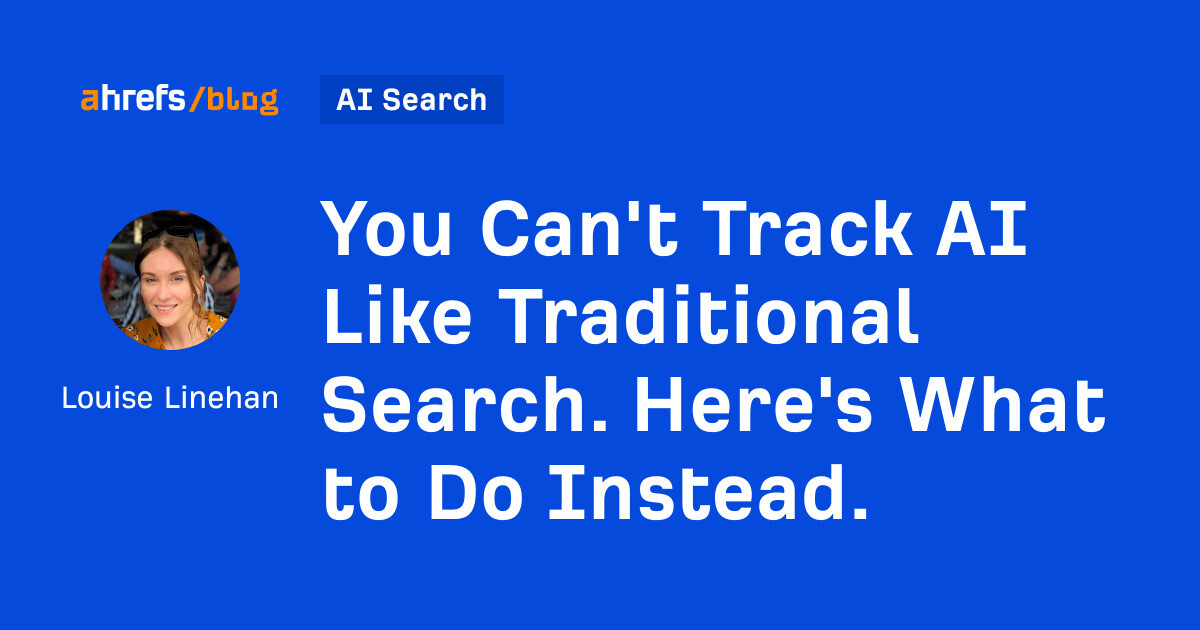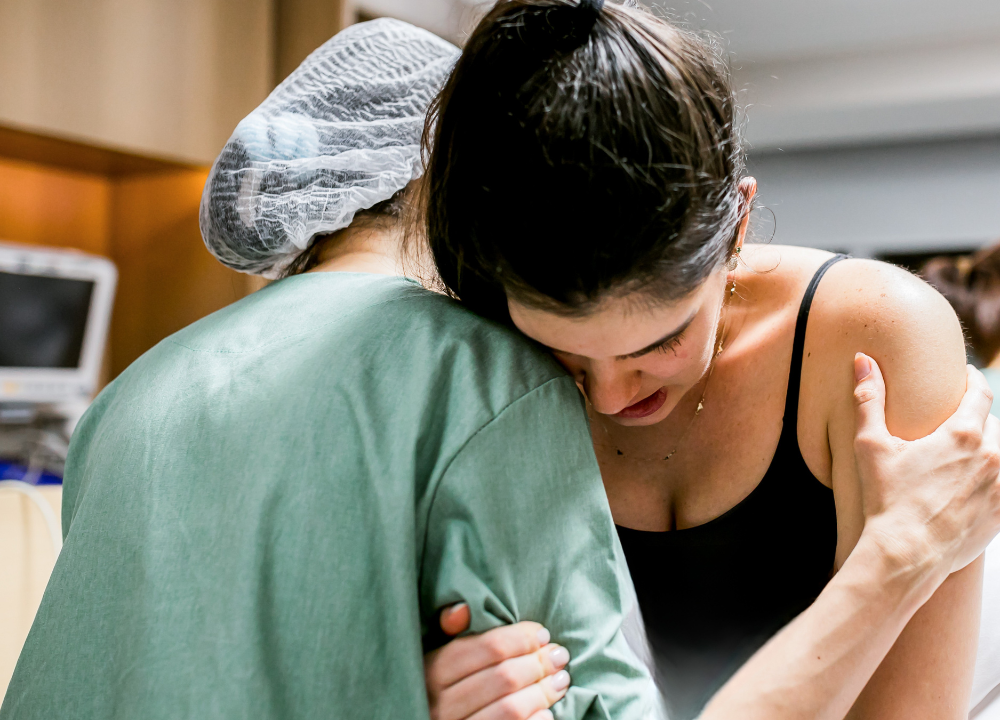Are we ever authentically ourselves on the internet?
When the online self is fractured across multiple platforms, authenticity becomes a metric in producing a coherent, ready-made identity for public consumption. | Getty Images/500px PrimeNew “anti-Instagram” apps like BeReal claim to help users be more authentic online, but...

BeReal, as the app’s name suggests, wants me to post my truth. Once a day at random, I am prompted to “be real,” to capture my unfiltered life synchronously through my phone’s selfie and back camera. There is, so BeReal claims, a distinctly authentic self behind social media’s smoke and mirrors, waiting to be revealed.
BeReal’s premise is simple. Every day, users are randomly prompted to snap a photo within a two-minute time frame, although the window to post remains open for hours. Users can add a caption, comment on friends’ day-of posts, and interact through RealMojis, or personalized reaction photos. Upon posting, two feeds are unlocked, one personalized with friends’ posts and one a Discovery feed that features strangers in the midst of mostly mundane tasks. The feeds are updated once a day and posts expire once the next BeReal alert is sent out, presumably for users to put their phones down and live their “real” lives after a few minutes on the app.
BeReal falls into the genre of “anti-Instagram” apps, novelty photo platforms that attempt to fulfill a niche social function that Instagram lacks. In this case, it’s authenticity and an ad-free experience. “BeReal won’t make you famous,” the app declares. “If you want to be an influencer you can stay on TikTok and Instagram.”
Every year or so, a hot new social startup emerges from the woodwork with an overconfident vision of a better, more authentic way of being online. It rarely sticks. In early 2021, the app du jour was Dispo, which simulated the experience of using a disposable camera by having users wait for photos to develop. Dispo benefited from co-founder David Dobrik’s YouTube fame, but a scandal led investors to quickly distance themselves from the startup, even with Dobrik resigning. Later that year, Poparazzi, an app that encouraged users to take paparazzi-like shots of their friends, took off on TikTok. It shot to the top of the App Store for a few weeks, but the hype soon subsided.
This year, the buzzy, VC-backed darling is BeReal, which is currently the second most-downloaded social networking app on the App Store, behind TikTok. It launched in December 2019, but nearly 75 percent, or 7.67 million, of BeReal downloads occurred this year, according to recent Apptopia data shared with TechCrunch. The app recently closed on a Series B funding round and is expected to quadruple its valuation to around $630 million, reported Business Insider in early May.
“We’re always looking to connect with friends in a casual way,” said Kristin Merrilees, 20, a junior at Barnard College and BeReal user, who also writes about culture and the internet. “I think Snapchat briefly was that space until my friends stopped using it. Now, it’s BeReal that lets you peek into people’s lives throughout the day.”
What is real, though, and what is fake when we spend so much of our time tethered to screens? In a commodified social media landscape, authenticity is as much of a marketing buzzword as it is an on-screen value, touted by people, brands, and, of course, apps. BeReal assumes that the authentic self can be divulged under the right conditions — that catching users off-guard will lead them to abandon all pretense. And so far, users seem to be buying into its pitch.
“It has the vintage feel of early Instagram,” said Sasha Khatami, 21, who works in digital marketing. “I think it’s an interesting shift for people like me, who are used to posting curated content for so long, now toward a reminder to post in the moment.”
BeReal’s unsubtle marketing strategy has led it to be a breakout hit among college students. The startup pays students to serve as campus ambassadors, refer friends, and host promotional events. Besides its trendiness, however, the app’s concept and key functions are anything but original. It’s a well-timed reinvention of FrontBack, an app that popularized the simultaneous selfie and back-camera photo before shuttering in 2015. Similarly, its unpredictable daily push alert mimics the engagement strategy of Minutiae, an anonymous daily photo-sharing app launched in 2017.
Still, BeReal is not much of a threat to the established hierarchy of social platforms that have built a decade-old fiefdom off our data and attention. BeReal is not intent on remaking the social internet. Instead, it operates on the sidelines of this seemingly unshakeable world order, and is backed by some of the same firms that funded Instagram and Twitter. (Venture capitalists are perpetually on the hunt for the next big social startup, despite its history of false starts.) Its goal, like that of most startups, is to become commercially viable, which means it eventually has to find ways to make money off of its users.
The app’s greatest appeal may be its current novelty and the fact that it isn’t Instagram or Snapchat. Still, BeReal can’t seem to escape the pall of the major social networks. Merrilees has noticed an uptick in people sharing their BeReals on Instagram. Some are even remixing them into TikToks, as a kind of memory reel. “A lot of people are migrating content across different platforms,” Khatami tells me. “It feels very natural to me. I started making TikToks of my BeReal photos after seeing people post theirs.”
Since BeReal is so insular, usage is highly dependent on individual friend circles. Once people start to tire of it, chances are, their friends will too. There’s a FOMO-ish undercurrent to the hype. People download BeReal because they’re curious. They don’t want to miss out. It’s nostalgia bait, too, for those old enough to remember the ad-free days of Instagram. The Times’s John Herrman found it to be a “reproduction of the experience of joining one of the dominant social networks when they all still felt like toys.” BeReal’s daily reminder tries to enforce a reflexive instinct to post and use the app, similar to how Snapchat users feel beholden to maintain their streaks. These alerts, however, seem more contrived than spontaneous. They run counter to not only BeReal’s stated mission but to the psychological literature on authenticity and self-perception.
Authenticity is a fluid, ever-evolving social construct that cannot be clearly mediated, least of all through an app. In a critical examination of the concept, researchers Katrina Jongman-Sereno and Mark Leary argued that authenticity “may not be a viable scientific construct,” citing the varying definitions used by psychologists, sociologists, and behavioral researchers in their assessments. So, why does this concern over online authenticity seem so pervasive? The internet flattens any distinction between irony and sincerity, human and machine, real and fake. If it’s all artifice, why do we care?
Our fixation on authenticity-posting is perhaps a reflection of our anxieties about the internet and how it debilitates our modern sense of self. Authenticity is a metric to measure content and the celebrities, influencers, brands, and individuals behind the facade. “Lately, it feels like more people are noticing and calling out performance on social media, like how ‘casual Instagram’ was identified as a trend,” said Maya Man, a Los Angeles-based artist and programmer. The notion of authenticity mollifies the viewer, assuring them that there is some truth to what is seen online. For the poster, it’s an ego-driven ideal to aspire toward or embody — even with content they’re paid to promote.
BeReal’s attempt at curating an authentic space is far from perfect, but it gets at an unanswerable ontological question: Are we ever truly ourselves on the internet? “I view every single thing you post online as contributing to this distributed internet avatar that you’re performing,” Man said. “Performing isn’t a negative thing. It’s the fact that you have a mediated audience in mind, even if you’re posting on a private account.”
Users who started using the internet at an early age, or “digital natives,” might share Man’s gestalt theory, and are more accustomed to reconciling these varying personas. It’s why people have Twitter alts, finstas, and specific accounts dedicated to food, aesthetics, or memes. Some of these disaggregated identities might be perceived as more authentic than others. Since the online self is fractured across multiple platforms and mediums, authenticity matters in that it’s a coherent, ready-made identity for consumption by a public audience.
In a critique of BeReal, Real Life magazine editor Rob Horning posits: “An even more real version of BeReal would just give your friends access to your cameras and microphones without you knowing it, so they can peep in on you and see how you act when you think no one is watching. If the panoptic gaze is falsifying us, only voyeurism sets us free.”
These voyeuristic conditions were what Man sought to investigate in creating Glance Back, a Chrome extension that unpredictably snaps a webcam photo once a day when the user opens a new tab. “I was very unsettled by that feeling that someone is looking at you for a long time and you’re not looking back,” she told me. “That’s what my computer feels all day, and we don’t have a chance to engage with its view.”
Even under Glance Back’s unexpected voyeurism, what it captured didn’t feel any more or less authentic than BeReal’s self-directed gaze. Glance Back catches me in a distracted, bleary-eyed state, whereas I convey a more earnest, alert version of myself on BeReal. After a few weeks of observing my life’s repetitious contours through my browser and phone, it became apparent to me that authenticity is a facile concern, one that’s easier to grapple with than our constant state of surveillance. Rather than fret over our perceived authenticity, perhaps a better question is: Why are we so willing to document ourselves to prove what we already know?

 JimMin
JimMin 

























.jpg&h=630&w=1200&q=100&v=f776164e2b&c=1)






